Microfinance ‘Nanays’ back Sen. Bam’s re-election bid, thank him for making free college a reality
TACLOBAN CITY — Hundreds of Microfinance ‘Nanays’ declared their support behind the re-election bid of Sen. Bam Aquino, saying he helped uplift their lives through his Free College Law and other laws in support of micro entrepreneurs.
The Microfinance ‘Nanays’, or microfinance beneficiaries, expressed their backing for Sen. Bam during a sectoral meeting here on Wednesday.
“At home na at home ako dito. Nakauwi ako sa sektor na malapit sa puso ko at pinaglingkuran ko noon, ang mga nanay sa komunidad na tinulungan namin sa Hapinoy na magnegosyo,” said Sen. Bam, referring to work with the microfinance sector during his time as social entrepreneur before becoming a senator.
In his speech, Sen. Bam said he drew inspiration from community-based mothers in pushing for the passage of the Free College Law, saying he wants to fulfill their dreams of seeing their children obtain a college degree.
“Ang pangarap ng mga magulang na makatapos ang kanilang anak sa kabila ng hirap sa buhay ang nagtulak sa akin na isulong ang Libreng Kolehiyo,” said Sen. Bam, who pushed for the passage of the landmark law as principal sponsor.
“Madalas kong nairirinig sa mga nakakausap kong magulang na simple lang ang pangarap nila, huwag maranasan ng mga anak nila ang hirap na dinanas nila,” he added.
If he wins a second term, Sen. Bam promised to push for the passage of his Trabaho Center Bill, which is aimed to solve the prevalent problem of jobs mismatch and high unemployment rate in the country.
“Kung makakabalik tayo sa Senado, isusulong ko ang Trabaho Center Bill kung saan pagtatagpuin ang mga naghahanap ng trabaho at ang mga kumpanyang naghahanap ng empleyado,” Sen. Bam said.
Sen. Bam emphasized that the Trabaho Center Bill is the next best crucial reform after the Free College Law to help uplift the lives of Filipinos, especially the poor.
Aside from the Free College Law, Sen. Bam also pushed other measures that support micro, small and medium enterprises and microfinance sector, such as the Go Negosyo Act, Microfinance NGOs Act, Credit Surety Fund Cooperative Act, and Personal Property Security Act.
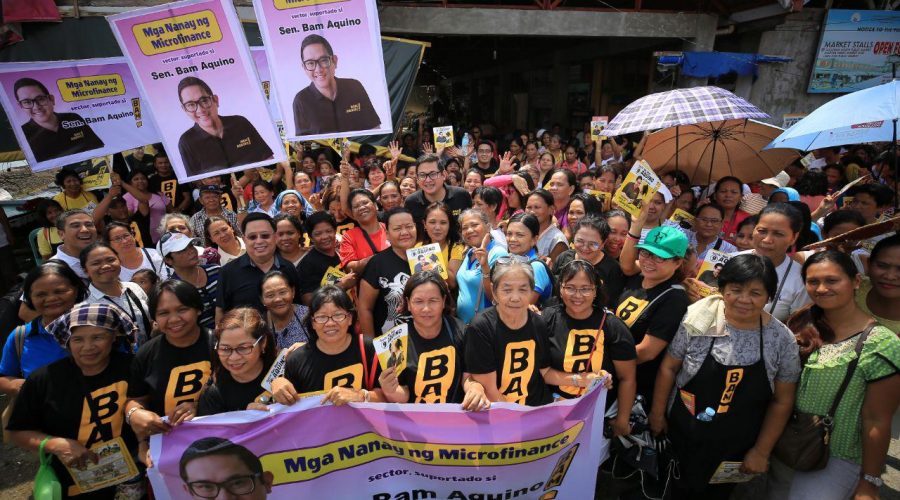
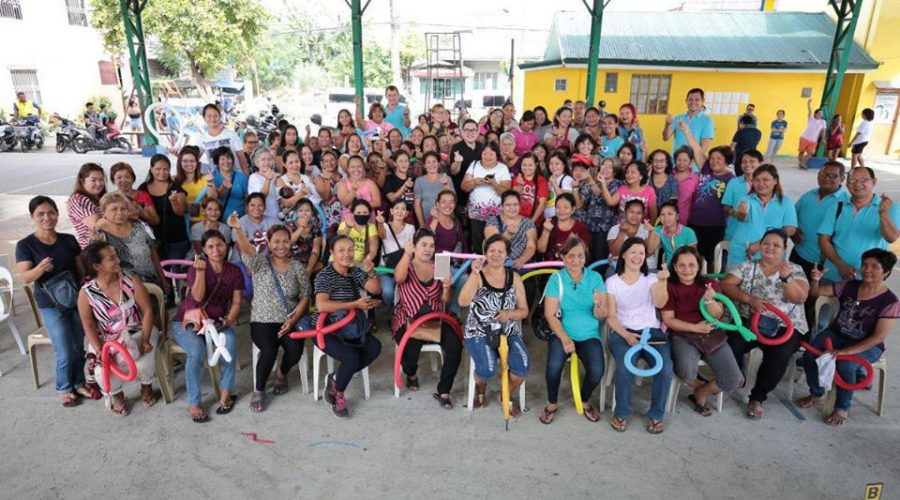
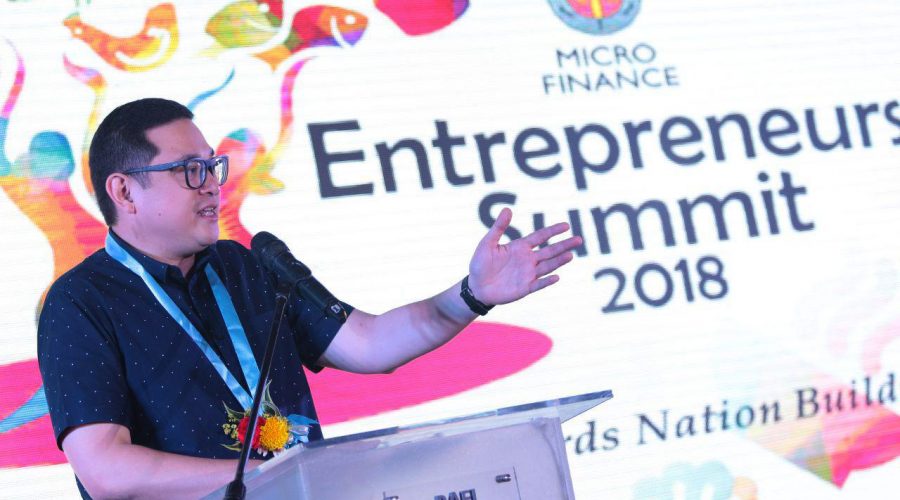
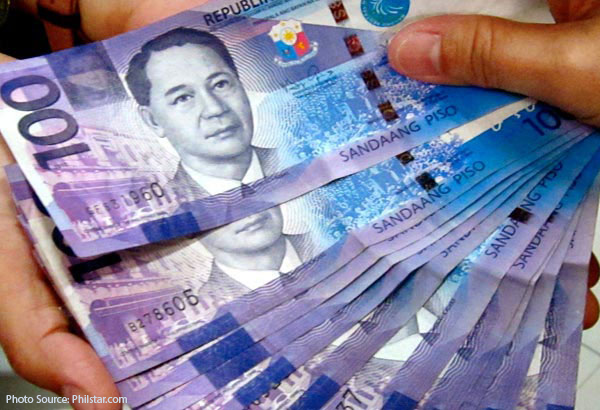
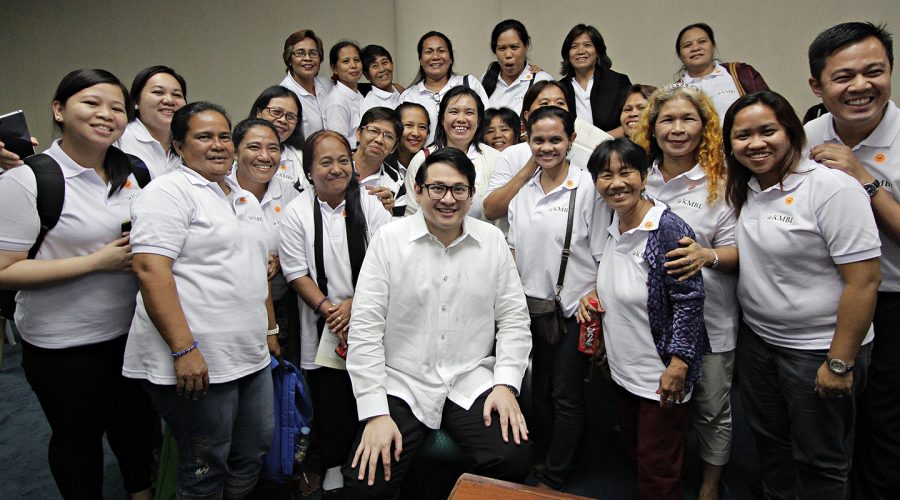

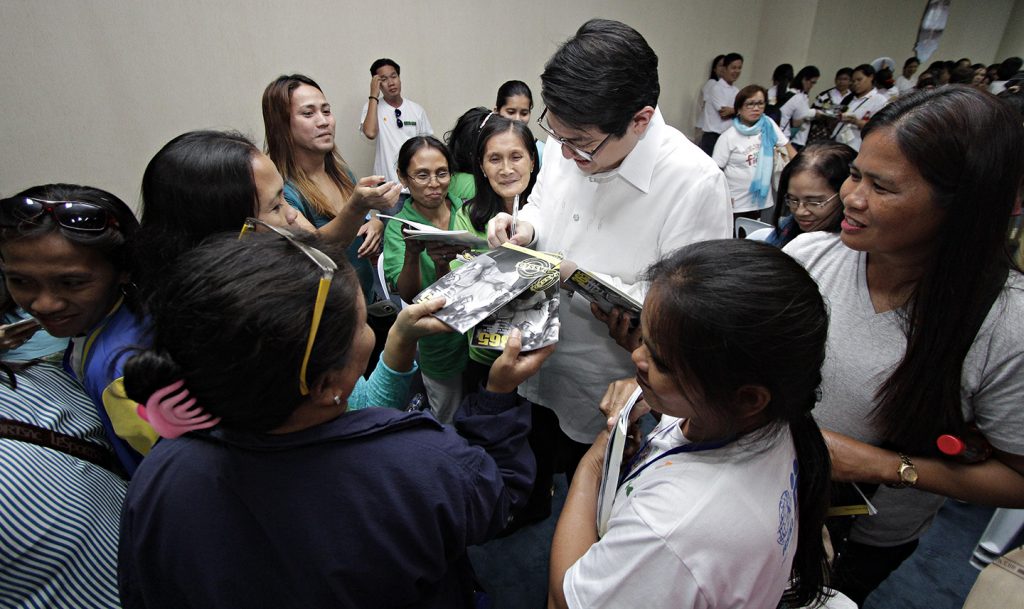
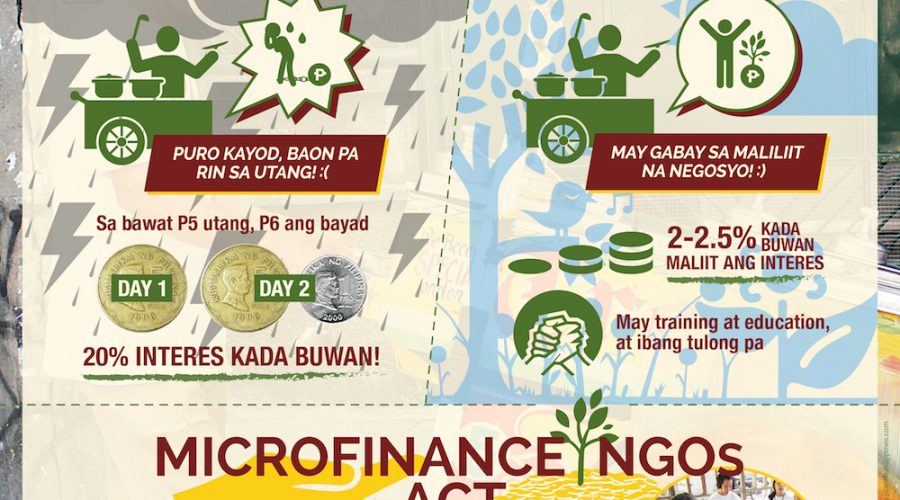
Recent Comments